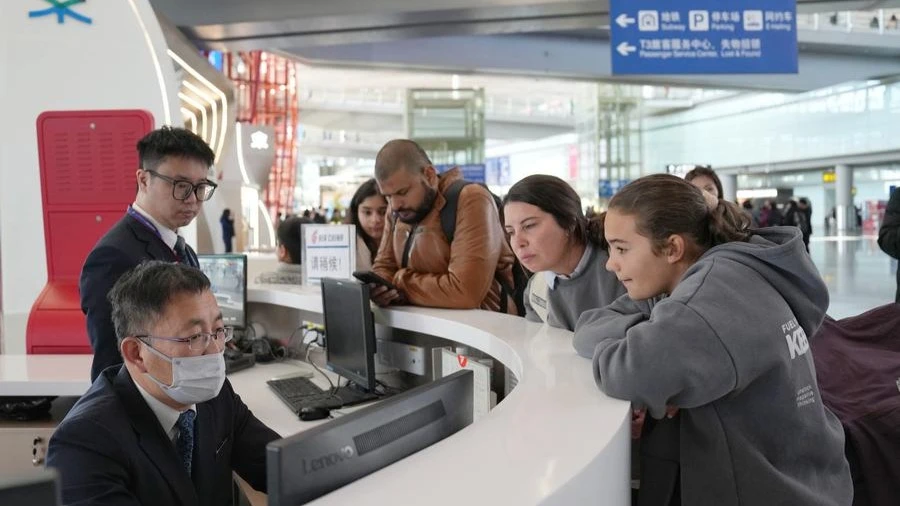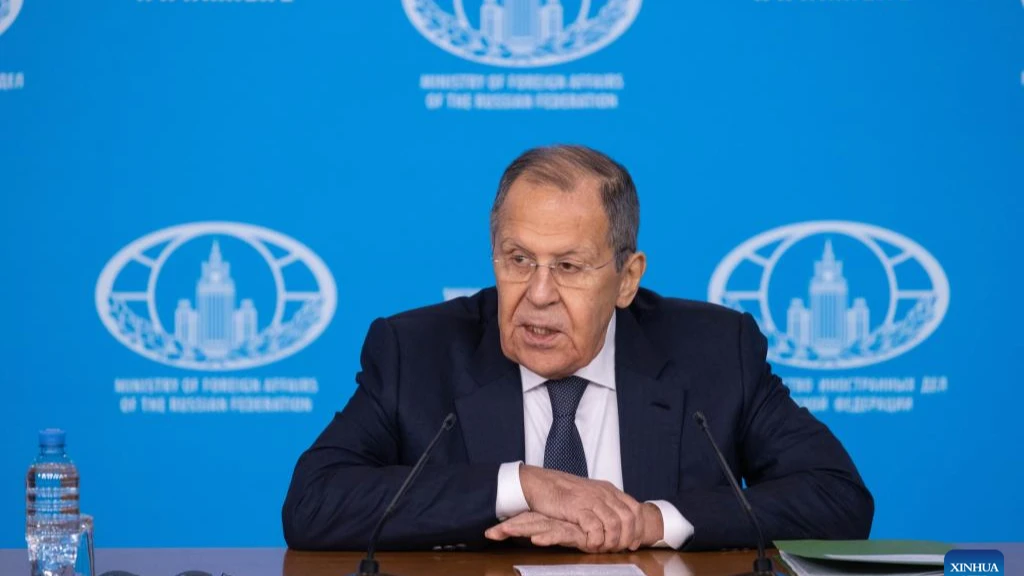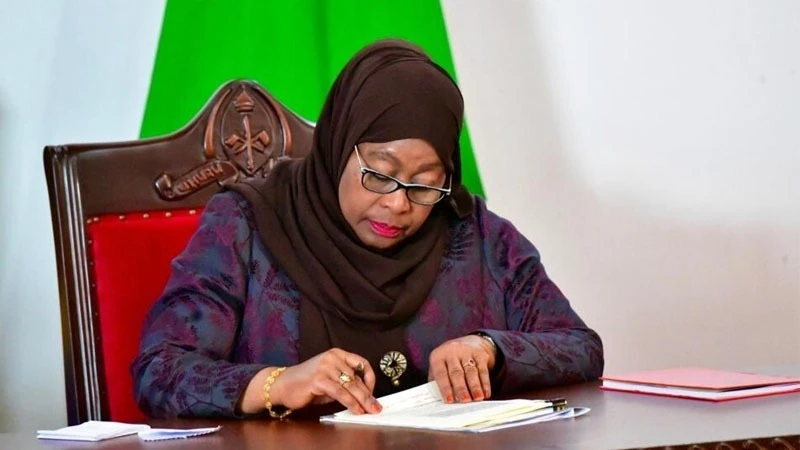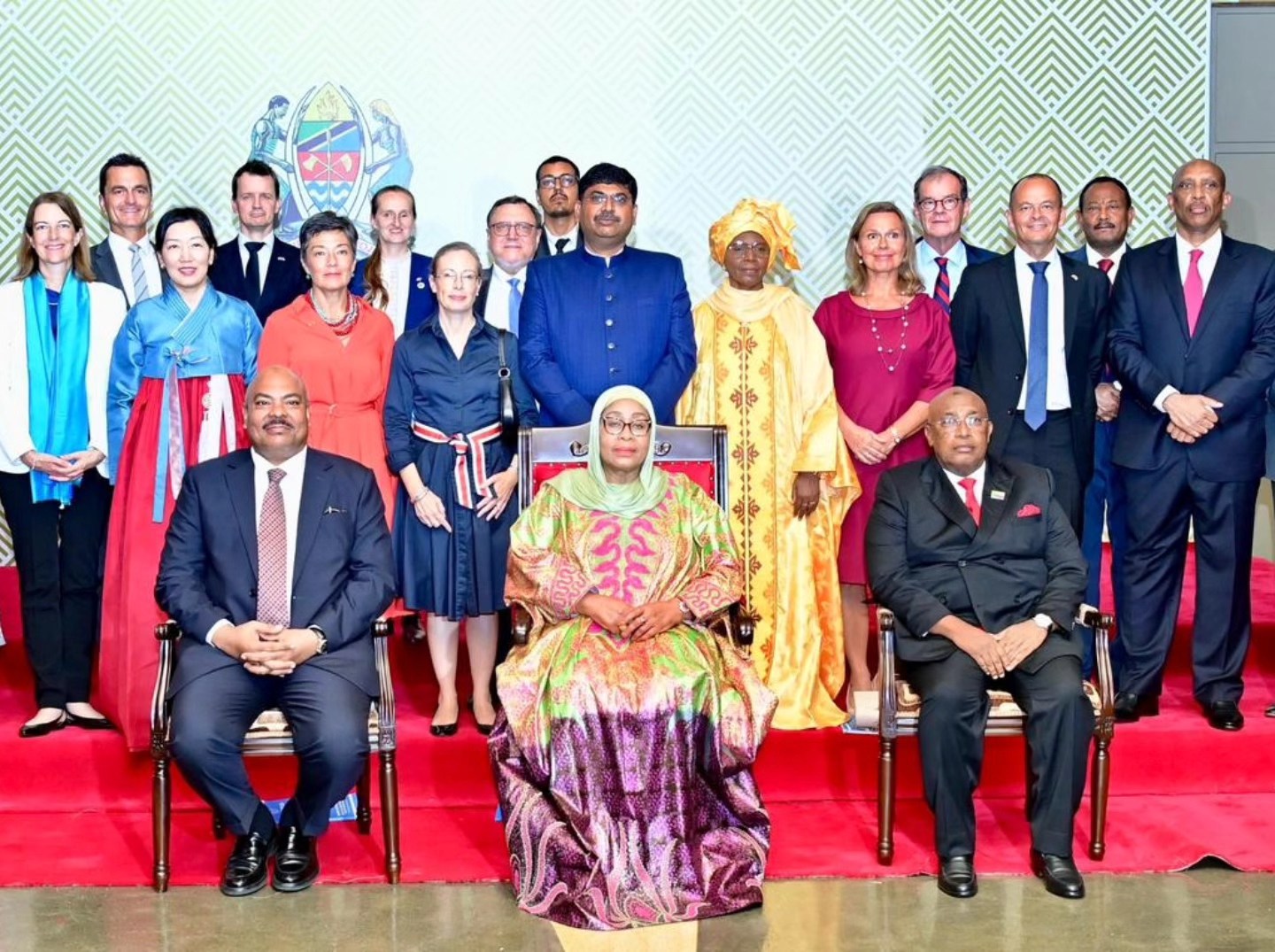Empowering PWDs: Tanzania launches national strategy to improve rights, access to healthcare

PENNY Pettit, a 30-year-old woman with down syndrome, joined countless others in Dar es Salaam city to mark the International Day for People with Disabilities (PwDs) on December 3rd.
Down syndrome is a genetic condition where an individual is born with an extra chromosome, affecting both brain and body development, which can lead to slower cognitive abilities, learning difficulties, and challenges in grasping new concepts.
Penny's mother, Mony Pettit, spoke candidly about the challenges of raising a child with down syndrome, emphasizing the need for doctors and nurses to inform parents about the condition immediately after birth.
This early disclosure, she believes, would help parents better understand the condition and prepare for the challenges ahead.
“Caring for a child with down syndrome is expensive and demanding,” Mony explains, adding: “Parents must be constantly present, and treatments, such as those at the Jakaya Kikwete Cardiac Institute (JKCI), can be prohibitively costly.”
Despite these challenges, Penny Pettit was all smiles at the event. She, like many other individuals with disabilities, is hopeful about the government's recent launch of a national action plan aimed at improving the rights, welfare, and inclusion of disabled people across Tanzania.
The government has also introduced a national strategy for assistive technologies to benefit disabled individuals.
This initiative is set to support nearly 5 million disabled people in Tanzania, who make up 11 percent of the country's population, as per the 2022 National Housing and Population Census.
The action plan was officially unveiled by Deputy Prime Minister Dr Dotto Biteko during the International Day for People with Disabilities observance in Dar es Salaam.
The theme for this year's observance was ‘Amplifying the Leadership of Persons with Disabilities for an Inclusive and Sustainable Futur’. The day focused on promoting the rights and well-being of PwDs and raising awareness about their inclusion in all aspects of society—political, social, economic, and cultural.
The day is celebrated to advocate for the inclusion of people with disabilities in all aspects of society, including education, employment, healthcare, and public life. The day encourages governments, organizations, and communities to actively work towards creating accessible and inclusive environments.
It is a platform to promote the rights of people with disabilities, in line with the United Nations Convention on the Rights of Persons with Disabilities (CRPD). The day underscores the need for policies and actions that guarantee equality, dignity, and full participation in society for people with
Gerald Komba, Social Welfare Officer in the Prime Minister’s Office, highlighted that the action plan is designed to ensure the availability of high-quality assistive technologies for PwDs.
"This will help eliminate substandard products like poor-quality wheelchairs and walking sticks. It will also create a centralized system for providing all forms of assistance to people with disabilities,” he said.
Komba praised the government's ongoing efforts to improve access to social services for disabled individuals, particularly in the health sector. "We are committed to creating an inclusive society where no one is left behind," he added.
The action plan also emphasizes improving healthcare services for PwDs, including training healthcare workers in sign language and enhancing communication within health centers.
Several organizations, including Marie Stopes Tanzania, have already partnered with the government to improve health access for PwDs.
Oscar Kimaro, Head of Advocacy and External Relations at Marie Stopes Tanzania, emphasized the need for the government to enforce existing laws and regulations that ensure PwDs have access to quality services.
He also pointed out the ongoing barriers to healthcare, such as physical limitations, distance to medical facilities, and the lack of specialized equipment.
Kimaro urged the government to raise public awareness to combat the stigma surrounding disabled people, particularly in the context of sexual and reproductive health.
"PwDs have the same sexual and reproductive health needs as anyone else. It is crucial that they receive the support and services they need,” he said.
The Tanzania Federation of Disabled People's Organizations (SHIVYAWATA) has also taken steps to address these issues, organizing workshops in various regions of the country to raise awareness among disabled people about their sexual and reproductive health.
Jonas Lubago, SHIVYATA Secretary General, noted that these workshops aim to empower disabled women to better understand their health needs and the available services.
“Many people believe that disabled individuals don’t have sexual desires or the right to love, marry, or have children,” said Lubago adding: "This misconception needs to change. Disabled women often face discrimination when seeking healthcare, especially during pregnancy. Health workers may not be equipped to communicate effectively with them, which can result in poor care."
The government’s new action plan offers hope for a more inclusive and supportive society for people with disabilities, improving not only their quality of life but also their access to healthcare, education, and opportunities.
Top Headlines
© 2025 IPPMEDIA.COM. ALL RIGHTS RESERVED

























